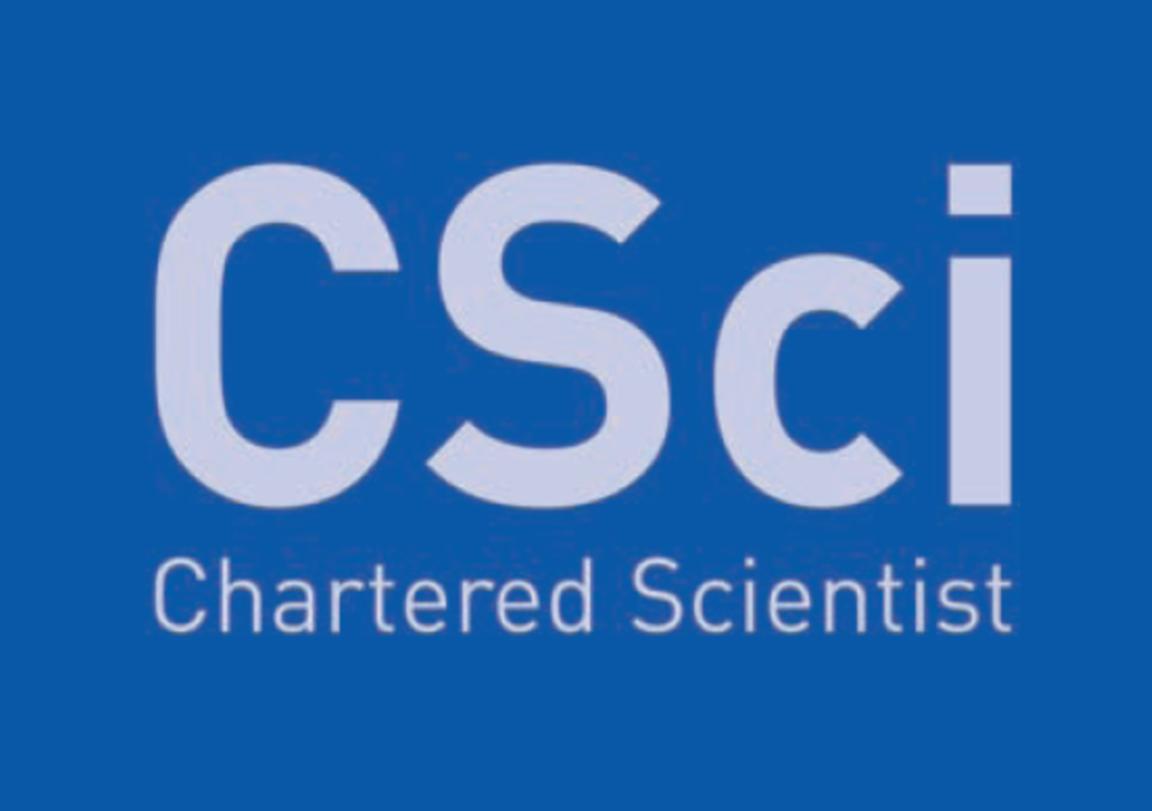What qualifications did you take at school?
I left school at age 16. I came from a working class family and only had one cousin who went to university who everyone thought was super bright. I didn’t think I was that clever and I didn’t know what I wanted to do. I had 8 O’levels, all average. My mother kept putting adverts in front of me for local jobs. One looked interesting working for the Gas Board Laboratory, which was publicly owned in Poole. I wrote to them and got an interview. In those days, companies could get money from the government if they ran training schemes. I had a wage and the gas board sent me to the local technical college one day a week and two evenings. This was the equivalent of A’levels, and I got my Higher National Certificate in chemistry after four years
